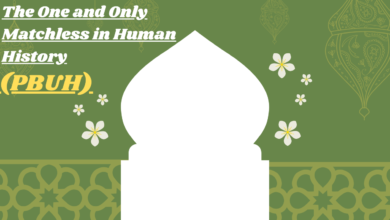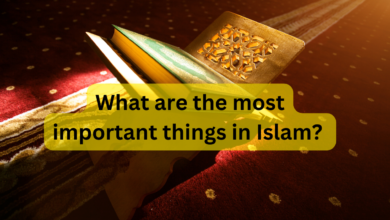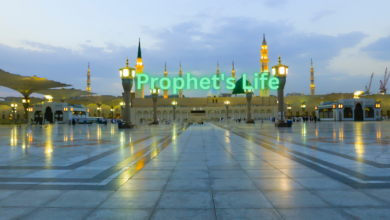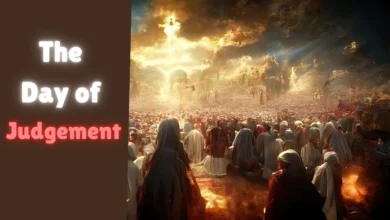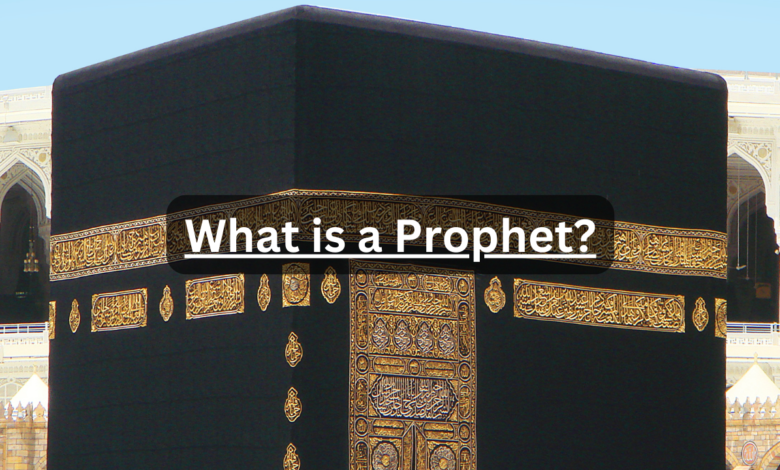
What is a Prophet?
A prophet is a person who serves as a messenger or intermediary between a higher power, often a deity or God, and the human world. They receive divine revelations, visions, or insights and communicate them to their followers.
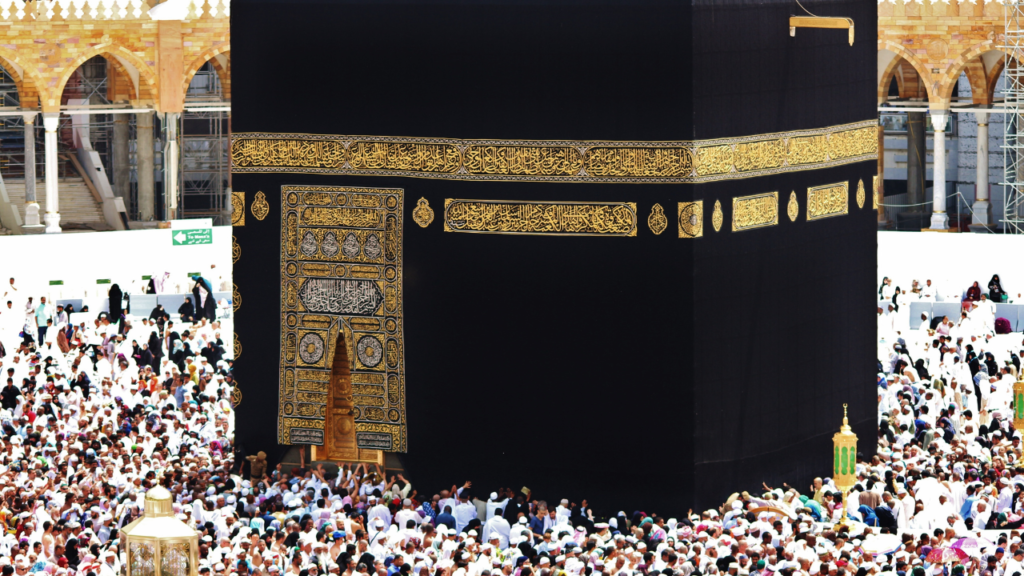
Introduction
Prophets have played a significant role in the history of humanity, shaping the beliefs, values, and destinies of societies across the world. The concept of a prophet transcends cultural and religious boundaries, with each tradition offering its unique perspective on these revered individuals. In this article, we will explore the concept of a prophet, its various interpretations, and the impact prophets have had on the course of history.
Defining a Prophet
A prophet is often regarded as a person who serves as a divine messenger or intermediary between a higher power, typically a deity or God, and the human world. Prophets are believed to receive revelations, visions, or insights from the divine realm, which they then communicate to their followers. These messages can range from moral and ethical guidance to predictions of future events or warnings about impending doom.
Prophets are not confined to a single religious tradition or cultural context. They exist in various forms and under different names across the world. Some well-known examples include the Hebrew prophets of the Old Testament, such as Moses, Isaiah, and Jeremiah; the Islamic prophets, including Muhammad; and the figures like Nostradamus, who is famous for his prophecies in Western culture.
Also check.
- What Time is the Muslim Prayer?
- What is Nikkah in Islam?
- What is Riba in Islam?
- Who is Dajjal in Islam?
- Who became a Muslim during the reign of Prophet Muhammad?
Roles and Functions of Prophets
The roles and functions of prophets vary across different religions and belief systems. Here are some common aspects of a prophet’s role:
- Revelation: Prophets are seen as recipients of divine revelation. They are entrusted with the responsibility of conveying these revelations to the people, often in the form of sacred texts, teachings, or oral traditions.
- Guidance: Prophets are often tasked with providing guidance to their followers, which can include moral and ethical principles, laws, and guidelines for righteous living.
- Intercession: In some religious traditions, prophets are believed to have the ability to intercede on behalf of their followers, mediating between humans and the divine to seek forgiveness or blessings.
- Prediction: Many prophets are associated with making predictions about future events, both positive and negative. These predictions can serve as warnings or assurances to their followers.
- Challenging the Status Quo: Prophets are sometimes called to challenge prevailing societal norms and practices that deviate from the moral and ethical standards set by the divine. This can lead to conflicts with established authorities.
Cultural and Religious Variations
Prophets are understood and revered differently in various cultural and religious contexts. For instance:
- Judaism: In Judaism, prophets are seen as individuals chosen by God to convey His messages and enforce His laws. The Hebrew Bible (Old Testament) contains accounts of numerous prophets, each with a unique message and role.
- Christianity: Christians recognize several prophets from the Old Testament, such as Isaiah and Jeremiah, as well as the role of John the Baptist in preparing the way for Jesus Christ. Jesus is often regarded as the ultimate prophet in Christianity, revealing God’s message through his teachings and actions.
- Islam: In Islam, prophets play a central role in delivering God’s guidance to humanity. Muhammad is considered the final prophet, and the Quran contains the revelations he received. Muslims also believe in other prophets mentioned in the Quran, including Adam, Noah, Abraham, Moses, and Jesus.
- Other Belief Systems: Prophets or prophetic figures can be found in various other belief systems, such as Buddhism, Hinduism, Sikhism, and indigenous religions. These figures often fulfill similar roles as spiritual guides and conveyers of divine wisdom.
Conclusion
The concept of a prophet is a rich and diverse one, transcending religious and cultural boundaries. Prophets have been pivotal in shaping the moral, ethical, and spiritual foundations of societies throughout history. Whether seen as divine messengers, moral authorities, or predictors of the future, prophets continue to inspire and guide people in their quest for meaning, purpose, and a connection to the divine. Their enduring influence reminds us of the profound impact that individuals can have on the course of human history through their spiritual insights and teachings.
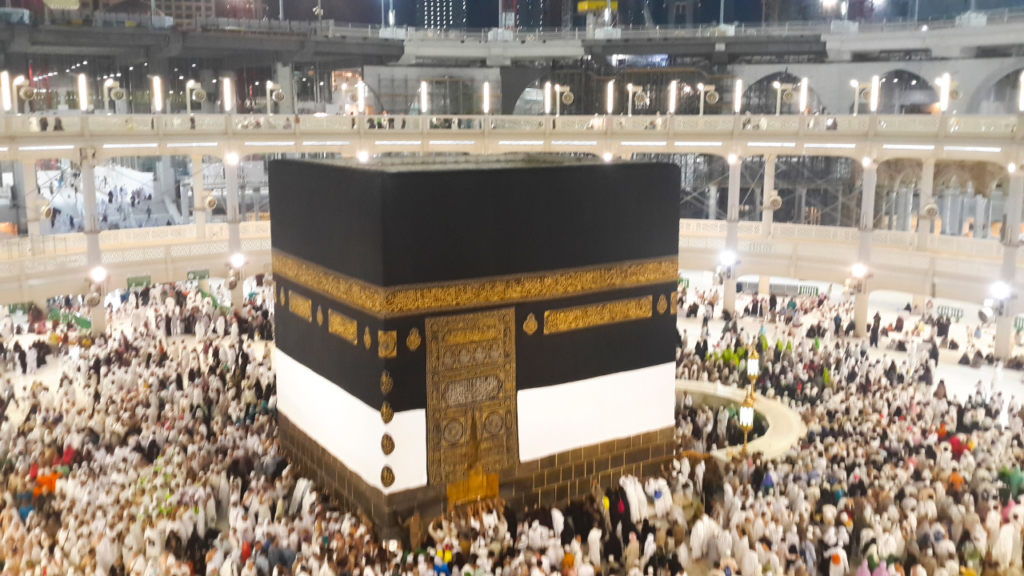
FAQs
What is a prophet?
A prophet is a person who serves as a messenger or intermediary between a higher power, often a deity or God, and the human world. They receive divine revelations, visions, or insights and communicate them to their followers.
Are prophets exclusive to a particular religion?
No, the concept of prophets exists in various religious traditions and cultures worldwide. Different religions have their own prophets with unique roles and significance.
What roles do prophets typically fulfill?
Prophets often provide guidance, convey moral and ethical principles, make predictions, challenge societal norms, and act as intercessors between humans and the divine, depending on the specific religious or cultural context.
Who are some well-known prophets in history?
Famous prophets include Moses, Isaiah, and Jeremiah in Judaism; Muhammad in Islam; and figures like Nostradamus in Western culture. There are many others, each with their own contributions.
Do prophets predict the future?
Many prophets are associated with making predictions about future events, but the extent and nature of these predictions vary. Some are known for specific prophecies, while others focus more on moral and ethical guidance.
Can individuals become prophets today?
In some religious traditions, individuals can be considered modern-day prophets, although their recognition varies. Prophethood is generally viewed as a historical phenomenon in many religions.
How do different cultures and religions view prophets?
The perception of prophets varies widely across cultures and religions. While there are common elements like divine messages and moral guidance, interpretations and significance differ.
Is there a single definitive text or scripture that contains all prophetic teachings?
No, there is no single text that encompasses all prophetic teachings. Different prophets are associated with various sacred texts, such as the Quran, the Bible, or oral traditions specific to their respective religions.
What is the legacy of prophets in modern society?
Prophets’ teachings and legacies continue to influence moral and ethical values, spirituality, and cultural beliefs in modern society. Their impact is seen in religious practices, ethical frameworks, and even in literature and art.
How can I learn more about prophets and their roles in different religions?
You can explore books, documentaries, academic courses, and religious texts specific to the religion or culture you’re interested in to gain a deeper understanding of prophets and their significance.
